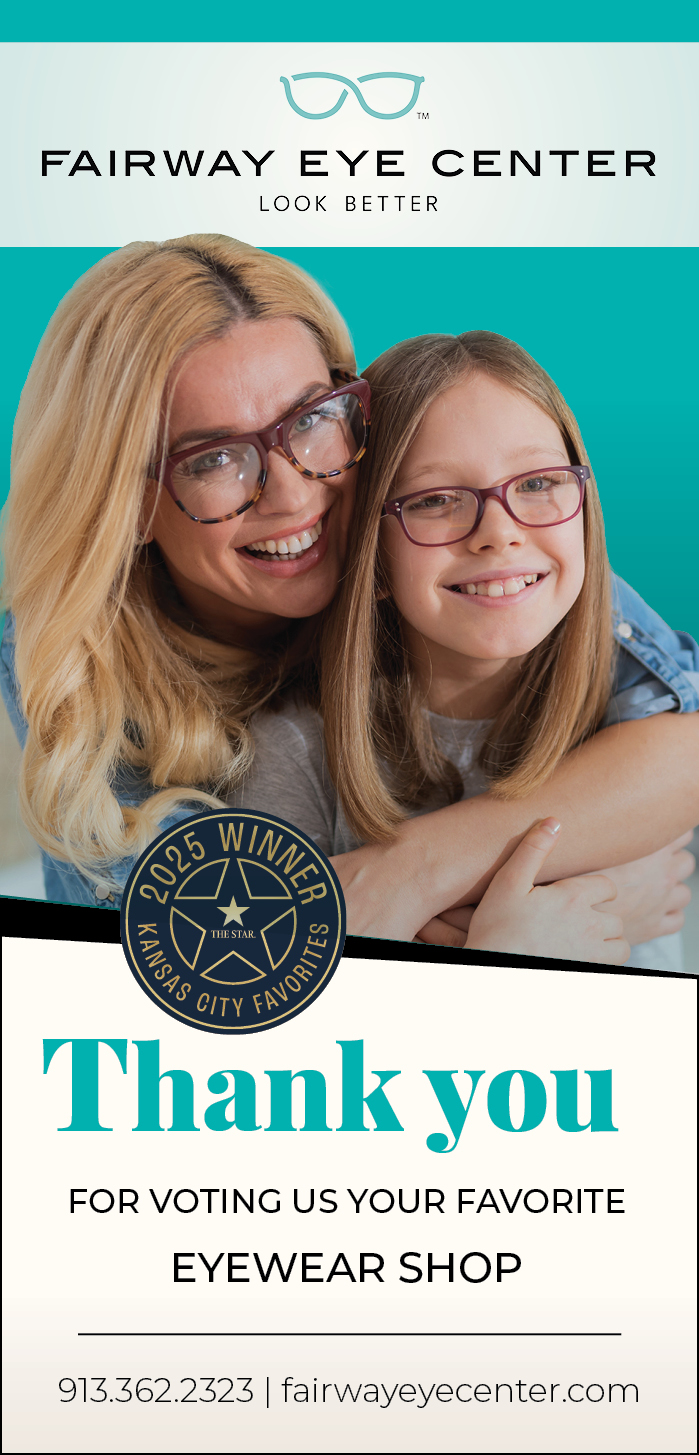Myopia Management
Myopia management is the process of trying to decrease the progression of myopia or nearsightedness. In the past, it was thought that nothing could be done to slow the increase of myopia from year to year. However, research has now demonstrated that there are treatment options that successfully slow down the progression of myopia.
Low Dose Atropine: A Specially formulated eye drop that is used one time per day. Since the reduced concentration of atropine is not commercially available, it is formulated by a compounding pharmacy and is not available at a standard pharmacy.
Multifocal Contact Lenses: Specialized soft contact lenses that have a dual-focus design and are worn during the day. Your doctor will tailor a plan along with you and your child to find the appropriate design and parameters of myopic stabilization contact lens. These lenses need to be worn daily.
Orthokeratolgy: Rigid gas permeable contacts worn only at night to reshape the cornea. Please note that we do not offer orthokeratology at Fairway Eye Center as we find most patients are best treated with atropine or multifocal contact lenses.
Low Dose Atropine: $45 per bottle, each bottle will last about 1 month. Insurance benefits cannot be applied towards the cost of the drops.
Therapeutic Contact lenses: $130 per box. 4 boxes per eye are needed for an annual supply. Vision care benefits can be applied towards the cost of the contact lenses.
Follow up exams are needed to monitor side effects and myopia progression. The follow up exams are $150 and are not covered by insurance.
Follow up schedule:
Low Dose Atropine – 1 month and 6 months after the initiation of treatment
Therapeutic Contact lenses – 1 week* and 6 months after the initiation of treatment
*The 1 week follow up is covered under the fitting fee copay. This copay is in addition to your comprehensive exam and is $129 for new contact lens wearers.
After the first year, patients will be seen every 6 months for all treatment options.
Low Dose Atropine: One drop is placed in both eyes every night at bedtime.
Therapeutic Contact Lenses: The contact lenses are worn during the day and removed at night. Most patients are successful with daily soft contact lenses, however, for certain prescriptions a specialty lens may be required.
Possible side effects of atropine include pupil dilation, light sensitivity, poor near vision, or an allergic response. These side effects will be evaluated at your first follow up exam.
The risk of wearing multifocal soft contact lenses are the same as any other contact lenses. With proper care and handling of the lenses, the risk is minimal. Some individuals will note that with these contact lenses their vision is not as crisp compared to a new pair of glasses. This is normal and due to the design of the contact lenses. In most cases, it improves over time as the patient adjusts to the lenses. We allow patients to try these lenses before purchasing the annual supply to ensure they are comfortable with the vision.
Call 913-362-2323 or email [email protected]


